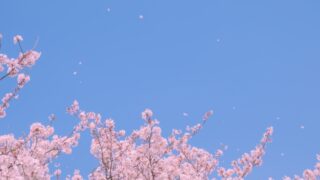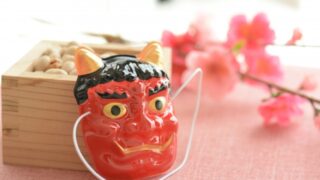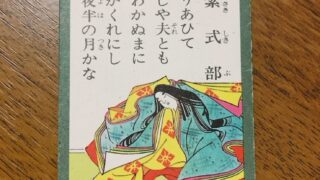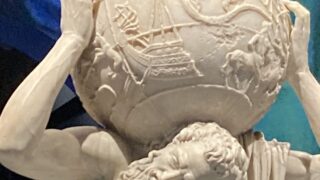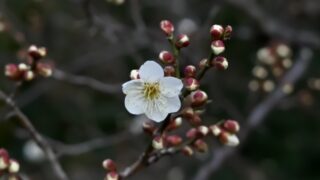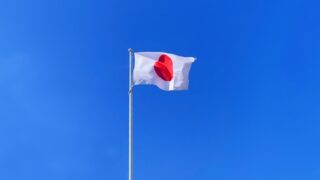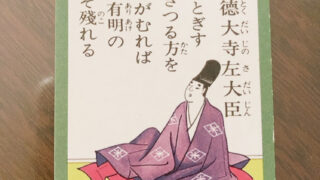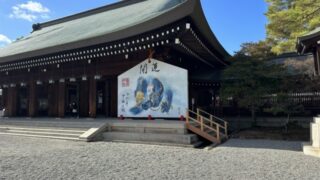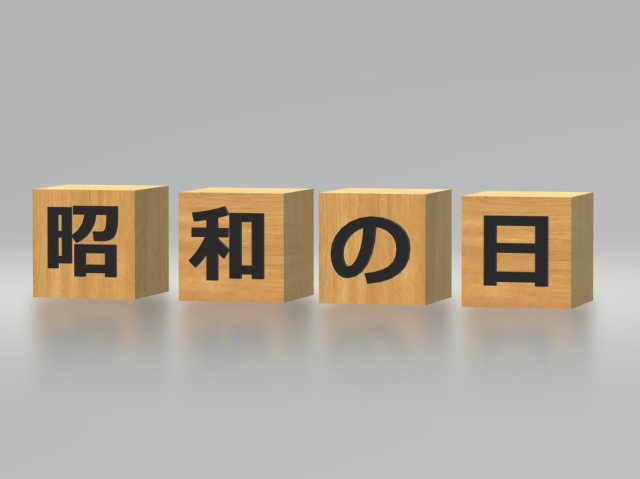もう4月も終わりですね。木々の緑がきれいな季節になりました。日本では、4月の終わりから、ゴールデンウィークという祝日の多い期間が始まります。祝日に有給休暇をつなげて、長い休みにする人も多いです。天気がよくて、過ごしやすい季節なので、多くの人が旅行に出かけます。
ゴールデンウィークは、4月29日の昭和の日から始まります。
It is already the end of April. It is the season when the trees are green and beautiful. In Japan, a period of many national holidays called Golden Week begins at the end of April. Many people connect national holidays with paid leaves to make it a long vacation. Since the weather is nice and pleasant, many people go on vacation.
Golden Week begins on Showa Day, April 29.
| 祝日 | しゅくじつ | National Holidays |
| 期間 | きかん | period |
| 有給休暇 | ゆうきゅうきゅうか | paid leaves |
| つなげる | connect |
元号 era name
4月29日は「昭和の日」です。祝日です。昭和63年、1988年までは、「天皇誕生日」でした。
そうです。4月29日は昭和天皇、昭和の時代の天皇の誕生日でした。
日本では、特定の年代に名前をつけます。この名前のことを、「元号」または「和暦」と言います。現在では、天皇が変わる時に元号も変わります。「昭和」は、昭和天皇が天皇に即位された1926年12月から、亡くなられた1989年1月までの期間です。
April 29 is Showa Day. It is a national holiday. Until 1988, in 1988, it was “Emperor’s Birthday.
Yes, April 29 was the birthday of Emperor Showa, the Emperor of the Showa era.
In Japan, a name is given to a specific age. This name is called the “Gengo” or “wareki.” In English, it is translated as “Japanese calendar.” Currently, when the emperor changes, the era name also changes. The “Showa” era is the period from December 1926, when Emperor Showa ascended to the throne, to January 1989, when he passed away.
「元号名+天皇」という呼び方は、亡くなられた天皇に贈られるものです。
現在の天皇陛下は「今上天皇」、退位された天皇は「上皇」とお呼びします。平成天皇、令和天皇という呼び方は、正しい呼び方ではありません。
The appellation “Gengo-name + Emperor” is sent to the deceased emperor.
The current Emperor is called “Kinjou Tennou” and the deposed Emperor is called “Joukou”. The terms “Emperor Heisei” and “Emperor Reiwa” are not correct.
| 特定の年代 | とくていのねんだい | specific era |
| 元号 和暦 | げんごう われき | Japanese calendar |
| 即位する | そくいする | accend to the throne |
| 亡くなる | なくなる | pass away |
| 呼び方 | よびかた | appellation |
| 陛下 | へいか | his/her majesty |
| 今上天皇 | きんじょうてんのう | the present Emperor |
| 上皇 | じょうこう | the Emperor Emeritus |
昭和の日
歴史上の全ての天皇の誕生日が祝日になるわけではありません。休みだらけになってしまいます。
上皇陛下の誕生日は、12月25日ですが、祝日ではありません。普通の日です。
Not every emperor’s birthday in history will be a holiday. They would be full of vacations, if so.
The birthday of His Majesty the Emperor Emeritus is December 25, but it is not a national holiday. It is a normal day.
昭和天皇の誕生日は4月29日で、ゴールデンウィークの最初の日です。次の祝日は5月3日の憲法記念日、その次が5月5日の子どもの日です。
当時の人は「4月29日を普通の日にすると、ゴールデンウィークが短くなってしまう。それは国民に対する影響が大きい。」と考え、4月29日を祝日として残すことにしました。
Emperor Showa’s birthday is April 29, the first day of Golden Week. The next national holiday was May 3, Constitution Day, and the next was May 5, Children’s Day.
People in those days thought “If we make April 29 a normal day, Golden Week will be shortened. That would have a huge impact on the people.” They decided to keep April 29 as a national holiday.
現在、「昭和の日」は「激動の日々を経て、復興を遂げた昭和の時代をかえりみ、国の将来に思いをいたす」日とされています。
簡単に言うと、「戦争や経済成長を経験した昭和の時代に思いをはせ、国の将来について考える日」です。
日本人にとって、昭和は特別な印象がある時代です。その昭和という時代から、歴史の教訓を得ようという日です。
Today, “Showa Day” is designated as a day to “reflect on the Showa Era, a time of reconstruction after turbulent days, and to think about the future of the nation.
Simply put, it is a day to reflect on the Showa era, which experienced war and economic growth, and to think about the future of the country.
For Japanese people, the Showa period has a special impression. It is a day to learn lessons of history from the Showa period.
| 憲法記念日 | けんぽうきねんび | Constitution Day |
| 影響が大きい | えいきょうがおおきい | have a big influence |
| 激動の日々 | げきどうのひび | turbulent days |
| 復興を遂げる | ふっこうをとげる | make a miraculous recovery |
| 時代をかえりみる | じだいをかえりみる | reflecting on the times |
| 思いをいたす 思いをはせる | おもいをいたす おもいをはせる | one’s thoughts go to |
| 印象 | いんしょう | impressions |
| 教訓 | きょうくん | lessons learned |
歴史の話はどうしても言葉が難しくなりますが、ここまで読んでくれてありがとうございました。
令和六年四月二十九日
